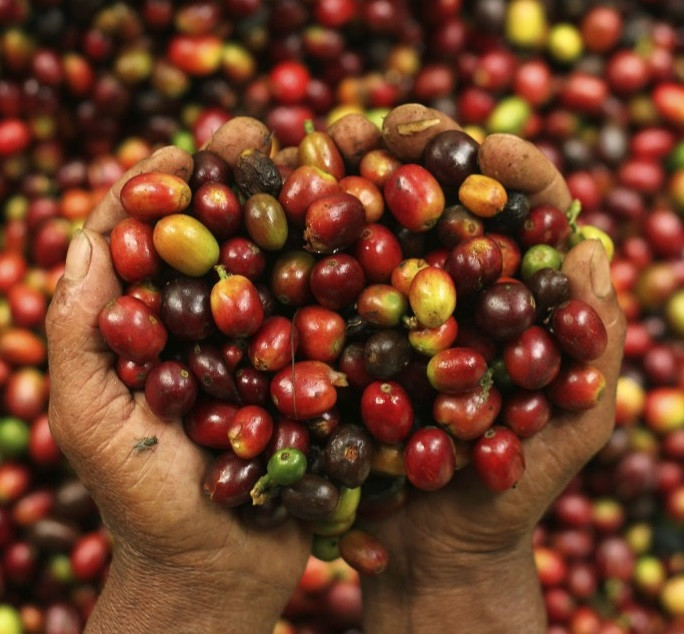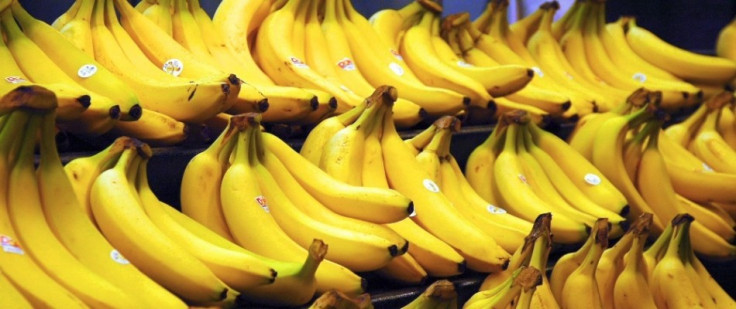World Fair Trade Day: How Fair Is Fair?

Tomorrow is World Fair Trade Day, an occasion organisers describe as "a celebration of the leading movement promoting social justice today".
The movement has come a long way from its humble roots, when Oxfam begun selling crafts made by Chinese refugees in the 1950s and when Dutch third world groups started selling ethically sourced cane sugar in the 1960s.
According to the Fairtrade Foundation, 78% of consumers recognise its logo. And 25% of all coffee sold in the UK, 33% of bananas and 44% of sugar come branded with the fair trade logo, meaning even the most curmudgeonly of us may have inadvertently consumed a fair trade-accredited product today.
The aim of the fair trade movement is to create a better life for the producers of the things we consume: a noble intention, I'm sure you'll agree.
But while the mantra may have the air of benevolence, fair trade is anything but destitute.
Last year, the Fairtrade Foundation – the UK arm of the movement – experienced sales growth of 14%, taking its revenues past the £1.7bn mark. Over 2013, sales of fair trade sugar grew by 25%, with fresh vegetables such as green beans selling 316% more than in 2012.
Fair trade is big business.
It's good news for some of the poorest farmers, many of whom can expect living and working conditions to improve as a result of the foundation's success. And yet, fair trade is not without its critics.
The most obvious conflict is with free-marketeers who oppose any attempt to intervene with Adam Smith's invisible hand. Indeed, some of its staunchest critics come from the institute that bears the economist's name.
A report by the Adam Smith Institute, published back in 2008 but still widely cited today, said: "Fair trade is unfair. It offers only a very small number of farmers a higher, fixed price for their goods. These higher prices come at the expense of the great majority of farmers, who – unable to qualify for Fairtrade certification – are left even worse off."
In his excellent 2012 book Unfair Trade, economist Conor Woodman pointed out that at the time he was writing, the price offered to Fairtrade-accredited farmers for their coffee was actually well below the market rate. What's more, many farmers don't have the initial capital to improve their lot sufficiently to attain accreditation.
The message was clear: all that glitters is not gold.

But just as it is dangerous to approach commerce without healthy cynicism, it would be unwise to dump the baby out with the bathwater. The fair trade movement still does a lot of good, such as its work in the UK's banana market.
The fruit has been selected as the movement's 'theme' for 2014, after supermarket price wars threatened the livelihood of thousands of farmers worldwide.
Supermarket banana prices have almost halved in the past decade. As I write, Tesco Online is selling a single banana for 12p. But as the retail price nosedived, farmers' costs have doubled.
Fairtrade bananas cost up to 15p more than those on general retail and, since farmers have a guaranteed price agreement with the Fairtrade Labelling Organisation, they have a modicum of security.
As yet though, only a third of bananas bought in Britain are Fairtrade accredited. The Fairtrade Foundation has urged the government to intervene and install a minimum retail price – a move that would surely prove unpopular with the end consumer. The Fairtrade Foundation has been vocal in its views that no matter what the economic climate here, the farmer should come first.
It may be that as the movement grows bigger, fair trade's aims become more diluted and operations more difficult to control. Indeed the myriad branches, subsidiaries and independent organisations who attest to being the 'real' fair trade can be a nightmare to navigate.
There are companies that aren't aligned to the fair trade movement that are more transparent in their sourcing and which are proven to support the lowest rung of the supply chain more consistently, such as Green and Black's, Olam, Ethical Addictions and Rare Teas.
The discerning consumer should be aware of these and consider them, along with Fairtrade-accredited produce, when trying to shop ethically. But if anything else, the movement has raised awareness among the general public as to the importance of shopping as well as you would hope to consume.
You can find out how to mark World Fair Trade Day by following this link.
© Copyright IBTimes 2025. All rights reserved.






















